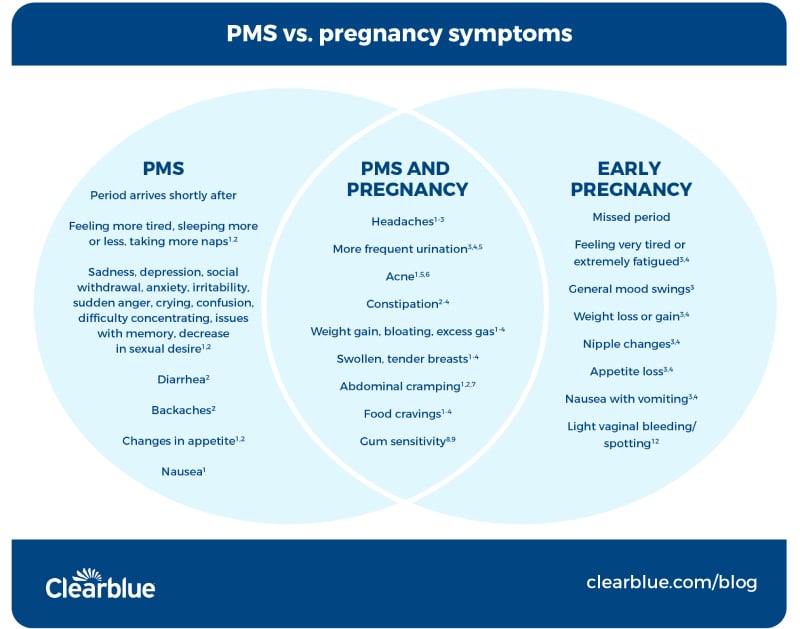
Pregnancy: Signs, Symptoms, and Menstrual Cycle
Pregnancy, a transformative journey, is characterized by a myriad of physical and emotional changes. Understanding the signs and symptoms associated with pregnancy, as well as the menstrual cycle, is crucial for women seeking to conceive or prevent pregnancy.
Signs and Symptoms of Pregnancy
The most definitive sign of pregnancy is a missed period. However, other early symptoms may manifest as early as one to two weeks after conception. These include:
- Nausea and vomiting (morning sickness): This is a common symptom that typically begins around the fourth week of pregnancy and subsides by the second trimester.
- Breast tenderness: Increased blood flow to the breasts can cause them to become sore and tender.
- Fatigue: Progesterone, a hormone released during pregnancy, can lead to increased fatigue.
- Frequent urination: The growing uterus puts pressure on the bladder, resulting in more frequent urination.
- Food cravings or aversions: Changes in hormone levels can alter taste preferences, leading to cravings or aversions for certain foods.
- Mood swings: Pregnancy hormones can cause emotional fluctuations, including irritability, moodiness, and anxiety.
- Light spotting or bleeding: Some women experience light spotting or bleeding around the time of implantation, which occurs about 10 to 14 days after conception.
- Pelvic pain: As the uterus expands, it can cause discomfort or pain in the pelvic area.
Menstrual Cycle
The menstrual cycle is a complex hormonal process that prepares the body for pregnancy each month. It typically lasts 28 days, but can vary from 21 to 35 days. The cycle consists of four phases:
- Menstruation: This is the shedding of the uterine lining, which occurs when fertilization does not occur. It typically lasts for 3 to 7 days.
- Follicular phase: During this phase, the ovaries produce an egg (ovulation) and prepare the uterus for pregnancy. It begins on the first day of menstruation and ends when ovulation occurs.
- Ovulation: This is the release of an egg from one of the ovaries. It typically occurs around day 14 of a 28-day cycle.
- Luteal phase: After ovulation, the egg travels down the fallopian tube. If it is not fertilized, the corpus luteum (the remains of the ruptured follicle) breaks down and progesterone levels drop, leading to menstruation.
Pregnancy and the Menstrual Cycle
Pregnancy disrupts the normal menstrual cycle. Once a woman becomes pregnant, she will stop having periods. The absence of a period is one of the earliest and most reliable signs of pregnancy.
When to Seek Medical Attention
If you suspect you may be pregnant, it is important to seek medical attention promptly. Early prenatal care is essential for monitoring the health of both the mother and the developing fetus.
Additionally, certain symptoms during pregnancy warrant immediate medical attention, including:
- Severe abdominal pain
- Vaginal bleeding or spotting
- Fever
- Chills
- Persistent nausea and vomiting
- Difficulty breathing
- Headache that does not respond to over-the-counter pain relievers
Conclusion
Pregnancy is a transformative experience that is accompanied by a range of physical and emotional changes. Understanding the signs and symptoms of pregnancy, as well as the menstrual cycle, is crucial for women seeking to conceive or prevent pregnancy. Early prenatal care is essential for ensuring the health and well-being of both the mother and the developing fetus. If you suspect you may be pregnant or experience any concerning symptoms, it is important to seek medical attention promptly.